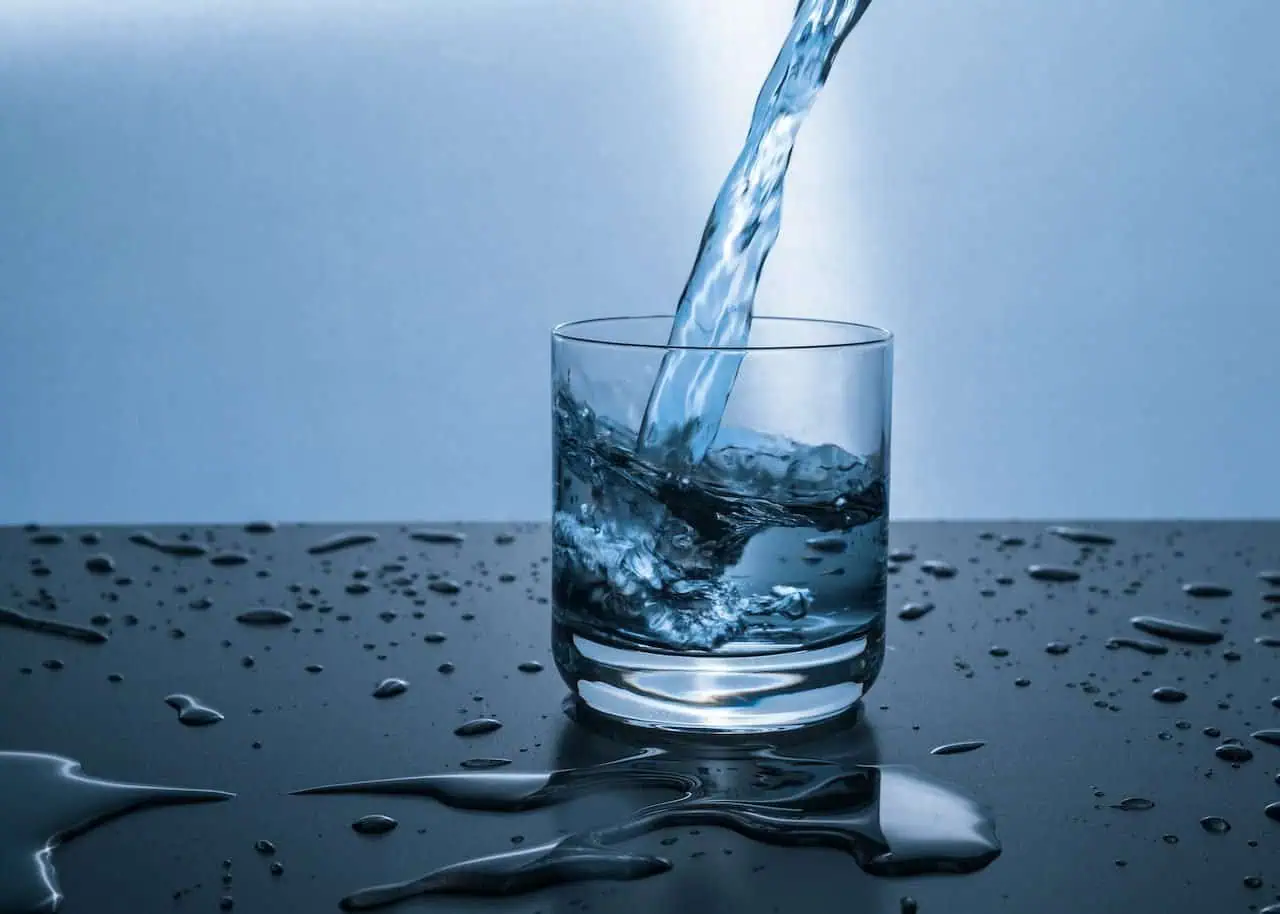Water softeners can be an important tool for providing clean and safe drinking water. They remove the minerals such as calcium and magnesium from hard water, making them softer and more palatable. Softened water can be beneficial to both your health and home in many ways, from reducing the chances of skin irritation to preventing buildup and scaling on pipes. Read on to learn about the various health benefits of installing a water softener in your home.
1. Improves Your Skin and Hair Health
Hard water can cause several skin and hair problems, including dryness and itching. The minerals in hard water can leave behind soap scum that can clog pores and create an itchy feeling. Softened water can help to eliminate this irritation by reducing the amount of soap scum buildup in your shower or bathtub. For those dealing with scalp conditions like dandruff or psoriasis, using coal tar shampoo alongside softened water can provide additional relief, as soft water allows therapeutic shampoos to work more effectively without mineral interference. Additionally, softened water helps to reduce the static electricity produced from showering with hard water, which can lead to further skin issues like rashes and eczema flare-ups. Also, many filters have a drawback because of a noisy water softener so you can do some research on what to do about it. It can be beneficial for your skin and hair health.
2. Reduces Scale Buildup on Pipes
Scale buildup is a common issue with hard water, as the minerals accumulate in pipes over time and create blockages that can reduce water pressure and cause leaks. Installing a water softener in your home can help to minimize the amount of scale buildup by removing these minerals as your water passes through the system. This can extend the life of your pipes and prevent costly plumbing repairs in the future. It can also reduce the amount of energy used by water heaters, as scale buildup can make it much harder for them to heat your water.
3. Helps protect Appliances from Corrosion
Hard water also causes corrosion in appliances that use it, such as dishwashers, washing machines, and water heaters. The buildup of minerals on the internal components of these appliances can lead to premature failure, which is both time-consuming and expensive to replace or repair. However, softened water helps to eliminate this problem by reducing the mineral content so that it’s less likely to cause corrosion over time.
4. Reduces Cleaning Time
The minerals in hard water leave behind a residue on everything from dishes to clothes, which can be difficult to remove. Softened water can help make your cleaning time much easier by reducing the amount of soap scum and buildup that needs to be scrubbed away. It also creates more suds when combined with detergent or shampoo, making it easier for you to clean yourself and your belongings. There are also fewer harmful chemicals used when cleaning with softened water, which can be beneficial for both your health and the environment.
5. Improves the Taste of Your Water
The minerals found in hard water can make it difficult to drink, as they give it a metallic or bitter taste. Softened water helps to improve the flavor of your drinking water by removing these impurities and making it much more palatable. This makes it easier for you to stay hydrated and enjoy the taste of your tap water without having to resort to bottled or filtered alternatives. If you have small children, giving them softened water can also help encourage them to drink more.
6. Can Help Save Money in the Long Run
Installing a water softener may seem like an expensive upfront cost, but it can help you save money over time. As previously mentioned, softened water can extend the life of your appliances and pipes, meaning you won’t have to replace them as often or spend money on costly repairs. It also reduces energy costs associated with heating hard water, making it more efficient for hot showers and laundry cycles.
Sum up
Water softeners help to improve the quality of your water, reduce soap scum buildup on your skin and hair, minimize scale buildup on pipes, protect appliances from corrosion, reduce cleaning time, and improve the taste of drinking water. Installing a water softener can also save you money in the long run by extending appliance lifespans and reducing energy costs associated with hard water. With these benefits in mind, it’s easy to see why installing a water softener is important for both your health and financial well-being.
Although there are many benefits associated with softened water, it’s important to remember that regular maintenance is still necessary for your water softener system. By regularly checking and replacing filters as needed, you can ensure that your system is working optimally and providing you with all the health benefits mentioned above. With these tips in mind, you can enjoy the many benefits of softened water while also taking care to ensure your system is working properly.
Emily Newall is Health & Lifestyle Editor at Prowess.org.uk, where she commissions and writes evidence-based features on health, wellbeing and contemporary living.
She graduated with a First Class BA (Hons) in Politics and Sociology from the University of East Anglia. Her academic work explored social inequality, gender, public policy and the structural determinants of health — themes that continue to inform her journalism.
Emily’s editorial focus includes women’s health, mental wellbeing, workplace culture, lifestyle sustainability and the societal pressures shaping modern life. She approaches these topics through a research-led lens, analysing trends in the context of policy, culture and social change rather than treating lifestyle as purely individual choice.
As a well-travelled writer, she draws on international perspectives to compare health behaviours, cultural norms and approaches to wellbeing across different societies.
Her work aims to provide readers with informed, thoughtful and socially aware coverage rather than trend-driven commentary.

